Share
Here are some Jewish things: Get up in the morning, and before you have even opened the newspaper or switched on the television to know what terrible news is going to happen, you say, "Modeh ani lefanecha, thank You, God, for giving me another day of life." And I've got to tell you, whether it's a great day or it's a terrible day, it's better than no day at all. So the very first words you say, as a Jew, make you feel life a little more vividly.
You come and you have your first cup of coffee. Look, I love a first cup coffee. That's great. But you say, "shehakol nihiyeh bidvaro," and the second you say that, you suddenly realise, "Hey guys, think of how many people in how many different lands work together to bring that to me. Thank You, God, for making me part of a world in which we're all doing different things to help one another." And there's hardly a thing we use, or do, which didn't involve an awful lot of people working together.
If I am able to give one little smile to somebody on the bus or the train to work, you know, [they might think] "Why did that guy smile at me? Hey, maybe the world isn't that bad after all. Because somebody gave me a smile, it must mean he likes me." Now, when I finish davening, I get the feeling that the Almighty likes us. So I try and smile after I come out of shul, because if God loves us, can we do less than - what do they call it? - "pay it forward". Love somebody else. And my goodness me, you come home at the end of the day of work and you meet your eshet chayil mi'imtza, you suddenly see your wife, and you suddenly realise, "Hey, in the whole of human civilisation, no religion ever saw faith as a marriage, as love." That's the way Judaism is.
So in the relationship between husband and wife is captured the whole beauty and glory of the relationship between God and us. And I think Jews work at their marriages and make them very holy.
Our kids are grown up already, but when I listen to our grandchildren then I remember a wonderful argument between the Babylonian Talmud and the Jerusalem Talmud. The Babylonian Talmud says, "The greatest pleasure in life is to be able to teach Torah to your grandchildren." The Jerusalem Talmud says, "The greatest pleasure in your life is to have your grandchildren teach Torah to you." And when this first happened with our grandchildren, "Ah!" I said. "I didn't know life got that good!"
Judaism is a sustained discipline in seeing the beauty of every day life and the thousands of blessings by which we are surrounded, if only we would open our eyes. Judaism is a way of opening our eyes to the wonder of the world.
More JInsider Videos
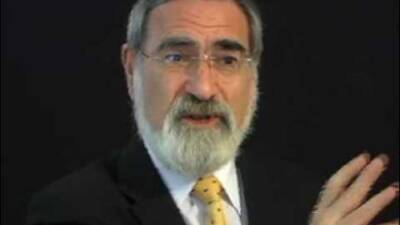
Rabbi Sacks on the Jewish Narrative
JInsider (March 2010)
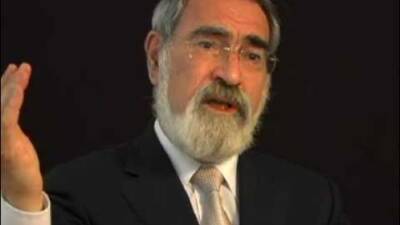
Rabbi Sacks on Future Tense Take Aways: Part 1
JInsider (March 2010)
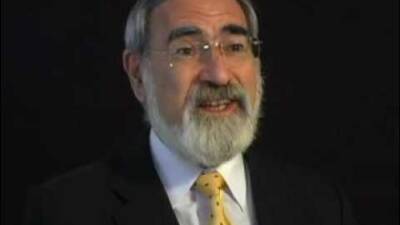
Rabbi Sacks on Future Tense Take Aways: 2
JInsider (March 2010)
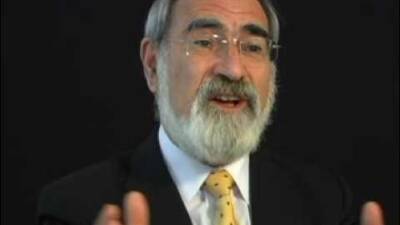
Rabbi Sacks on the Universal Jewish Story
JInsider (March 2010)
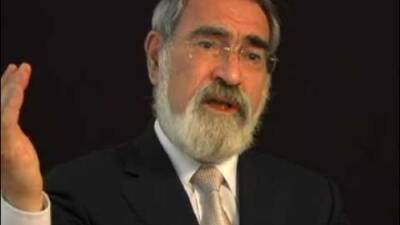
Rabbi Sacks on Eco-Judaism Roots
JInsider (March 2010)
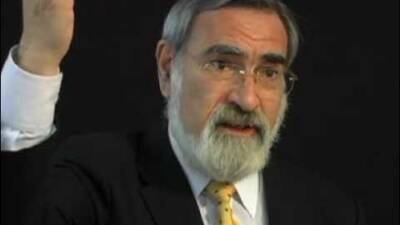
Rabbi Sacks on Peoplehood
JInsider (March 2010)

Rabbi Sacks on an Engaged Judaism
JInsider (March 2010)
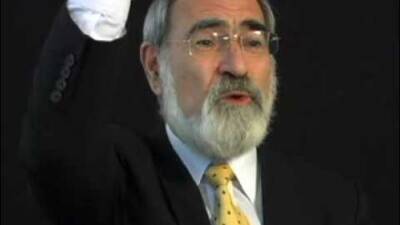
Rabbi Sacks on Charity Priorities
JInsider (March 2010)
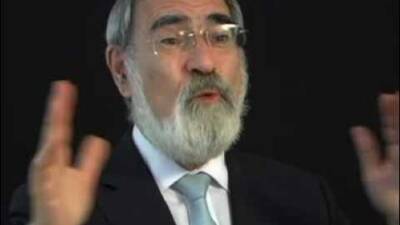
Rabbi Sacks on a Responsible Life
JInsider (March 2010)
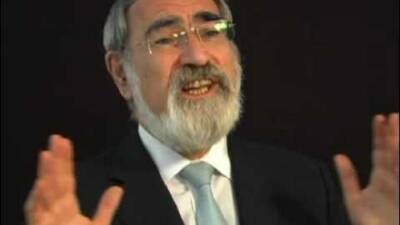
Rabbi Sacks on Reconciliation
JInsider (March 2010)
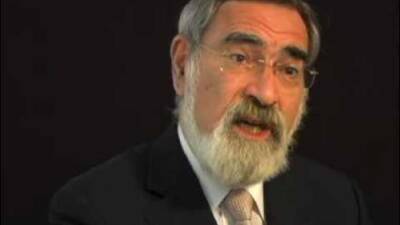
Rabbi Sacks on Community Conflict
JInsider (March 2010)
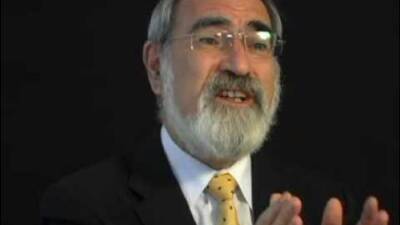
Rabbi Sacks on Particularism vs Universalism
JInsider (March 2010)

Rabbi Sacks on a Culture of Hope
JInsider (March 2010)
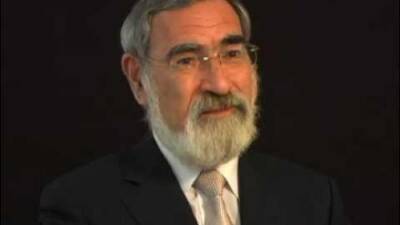
Rabbi Sacks on his Personal Hatikvah
JInsider (March 2010)
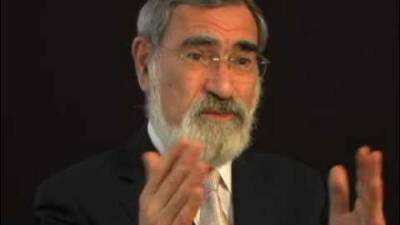
Rabbi Sacks on Israel and Jewish Society
JInsider (March 2010)
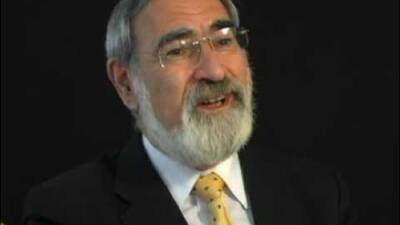
Rabbi Sacks on Torah in Today's World
JInsider (March 2010)
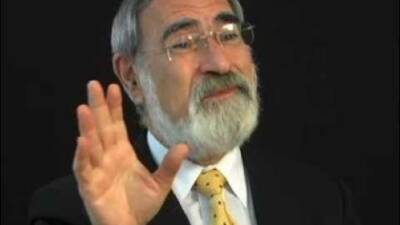
Rabbi Sacks on Prayer
JInsider (March 2010)
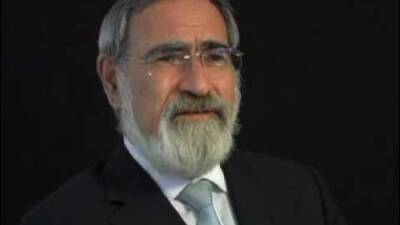
Rabbi Sacks on Indifference
JInsider (March 2010)
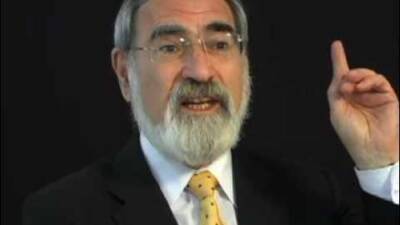
Rabbi Sacks on the Jewish Role in the World
JInsider (March 2010)
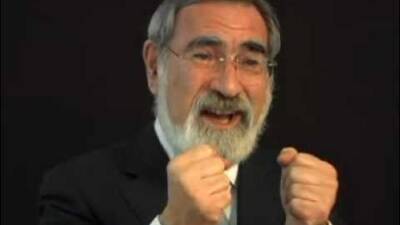
Rabbi Sacks on Torah and the Real World
JInsider (March 2010)
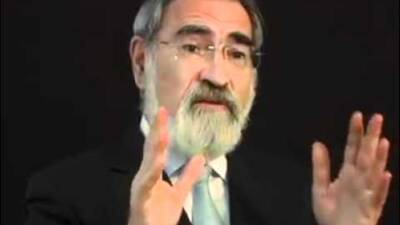
Rabbi Sacks on Free Market and Judaism
JInsider (March 2010)
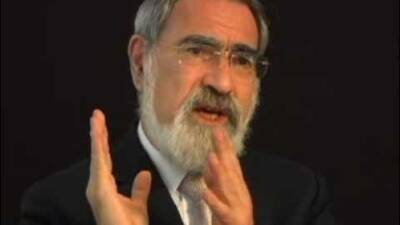
Rabbi Sacks on Antisemitism
JInsider (March 2010)
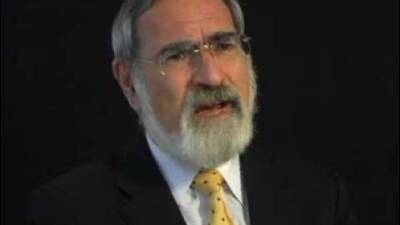
Rabbi Sacks on Future Tense
JInsider (March 2010)
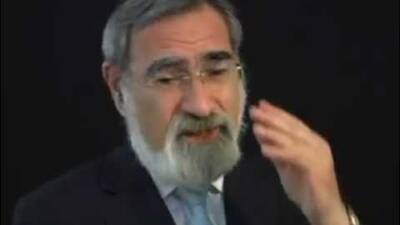
Rabbi Sacks on Love as Deed
JInsider (March 2010)
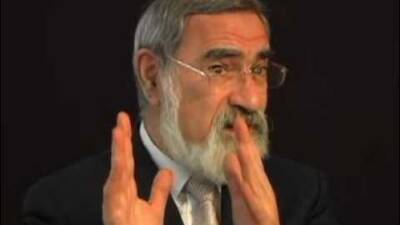
Rabbi Sacks on Combatting Antisemitism
JInsider (March 2010)
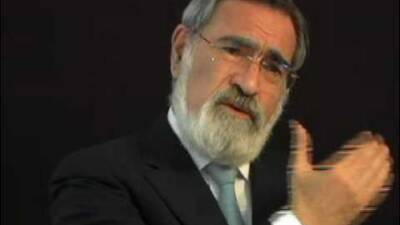
Rabbi Sacks on Material Loss
JInsider (March 2010)
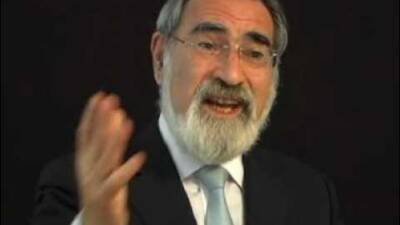
Rabbi Sacks on the Antidote to Materialism
JInsider (March 2010)
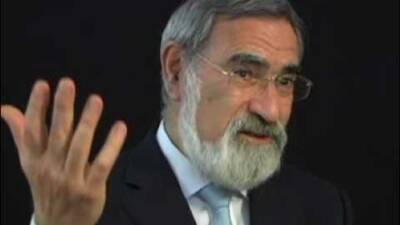
Rabbi Sacks on Parenting
JInsider (March 2010)
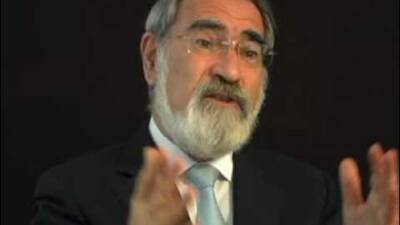
Rabbi Sacks on a Tzedakah Tale
JInsider (March 2010)
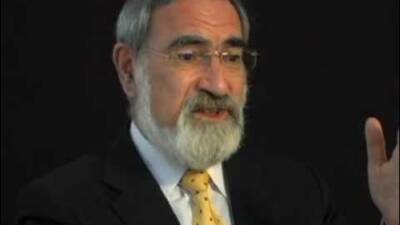
Rabbi Sacks on a Family Story
JInsider (March 2010)
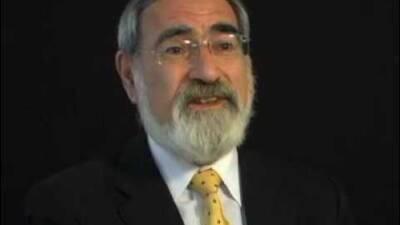
On the Internet and Judaism
JInsider (March 2010)
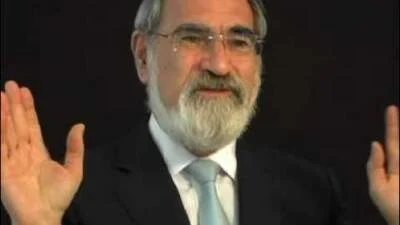
Rabbi Sacks on Plato's Ghost
JInsider (March 2010)
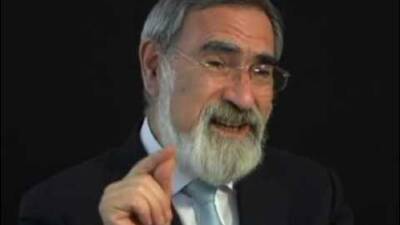
Rabbi Sacks on Optimism vs. Hope
JInsider (March 2010)
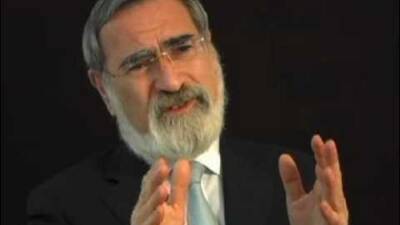
Rabbi Sacks on Victim Mentality
JInsider (March 2010)
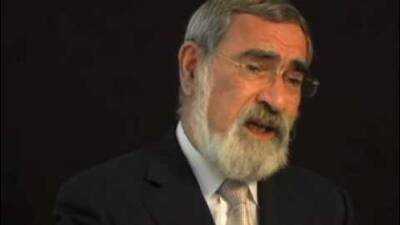
Rabbi Sacks on Jerusalem
JInsider (March 2010)
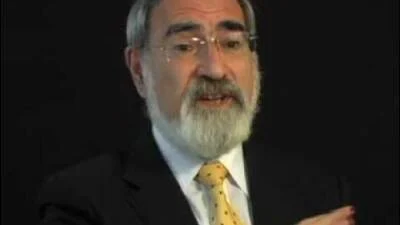
Rabbi Sacks on Advice for our Times
JInsider (March 2010)
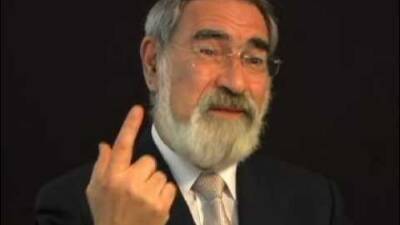
Rabbi Sacks on Fundamentalism
JInsider (March 2010)
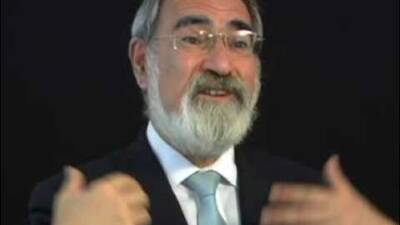
Rabbi Sacks on Time
JInsider (March 2010)
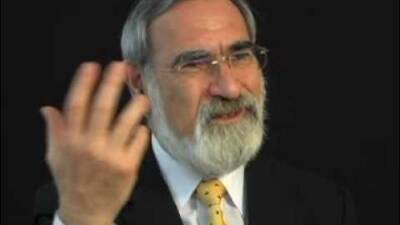
Rabbi Sacks on the Chosen People
JInsider (March 2010)
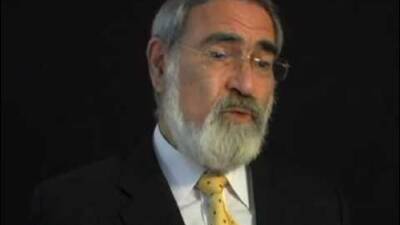
Rabbi Sacks on 21st Century Israel
JInsider (March 2010)
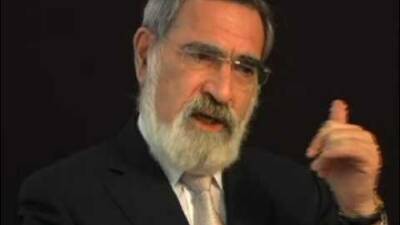
Rabbi Sacks on the Origins of Antisemitism
JInsider (March 2010)
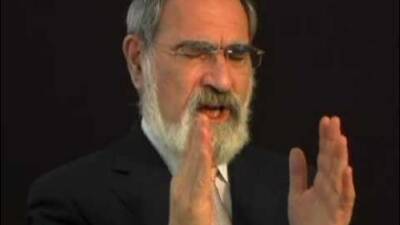
Rabbi Sacks on Understanding Jewish Exile
JInsider (March 2010)
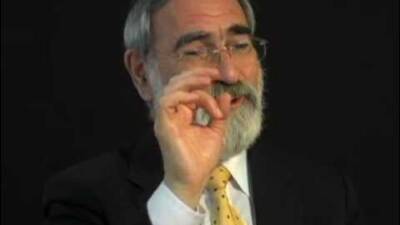
Rabbi Sacks on Anger
JInsider (March 2010)
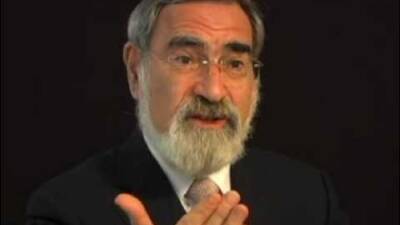
Rabbi Sacks on the Historical Evolution of Antisemitism
JInsider (March 2010)
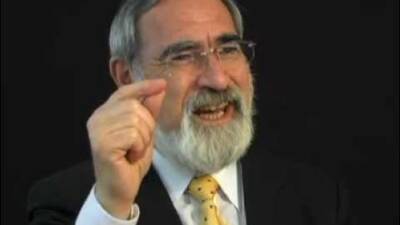
Rabbi Sacks on Interfaith Relations
JInsider (March 2010)
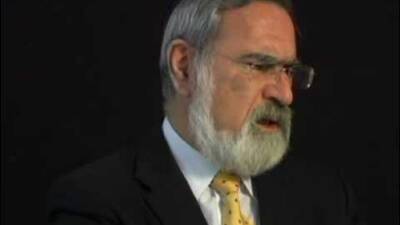
Rabbi Sacks on Coincidence and Providence
JInsider (March 2010)
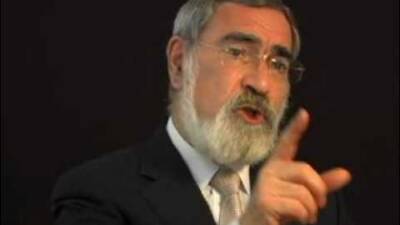
Rabbi Sacks on Free Will
JInsider (March 2010)
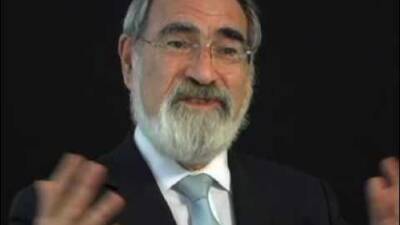
Rabbi Sacks on Family and Marriage
JInsider (March 2010)
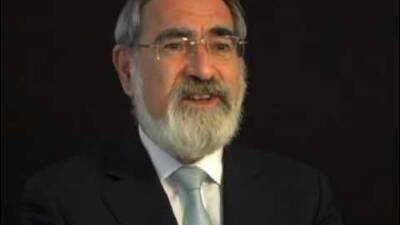
Rabbi Sacks on Tzedakah Defined
JInsider (March 2010)
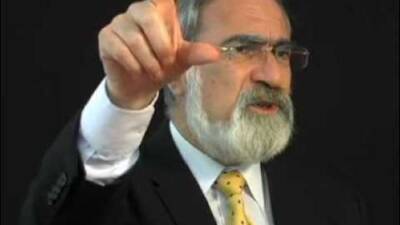
Rabbi Sacks on Being Jewish
JInsider (March 2010)
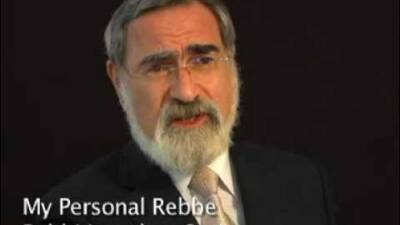
Rabbi Sacks on his Personal Rebbe, Rabbi Nachum Rabinovitch
JInsider (March 2010)
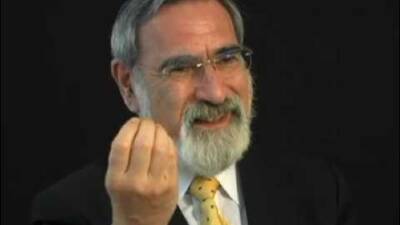
Rabbi Sacks on Connecting to God
JInsider (March 2010)
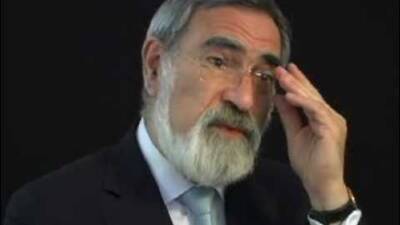
Rabbi Sacks on God and Evil
JInsider (March 2010)
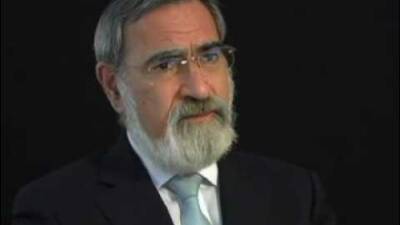
Rabbi Sacks on Dialogue with Atheists
JInsider (March 2010)
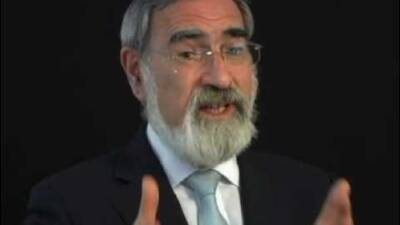
Rabbi Sacks on Doubt
Jinsider (March 2010)
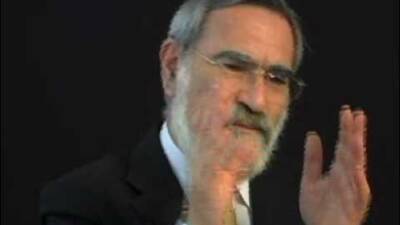
On Tikkun Olam
JInsider (March 2010)
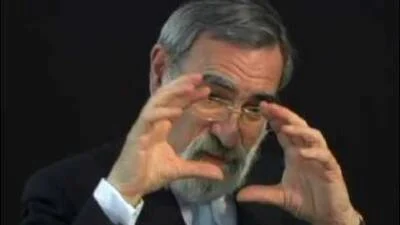
Rabbi Sacks on a Response to Atheism
JInsider (March 2010)
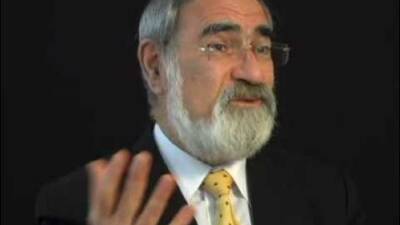
Rabbi Sacks on Finding Purpose
JInsider (March 2010)
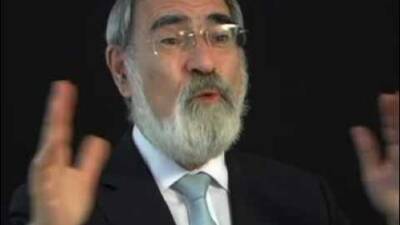
Rabbi Sacks on a Responsible Life - Example
JInsider (March 2010)
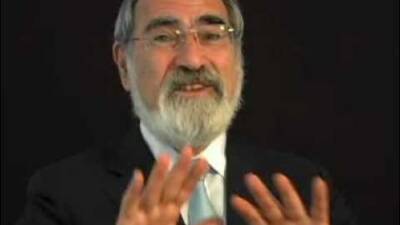
Rabbi Sacks on the Dignity of Difference - Part 2
JInsider (March 2010)
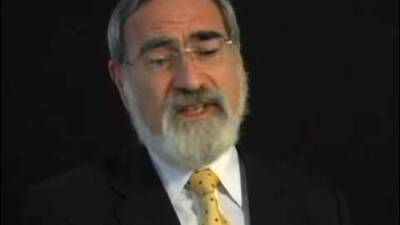
Rabbi Sacks on the Dignity of Difference - Part 1
JInsider (March 2010)
